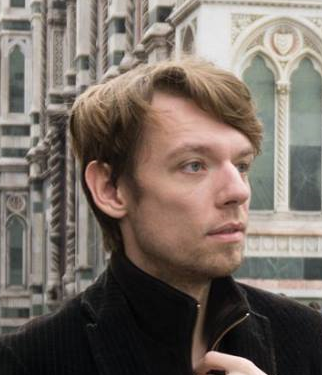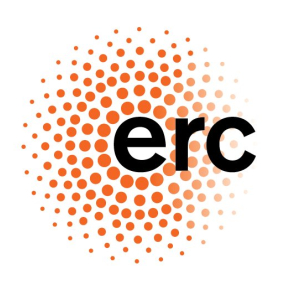ERC Starting Grant Laureates
The ERC has just announced the winners of their "Starting Grants" which provide substantial funding for young researchers' projects.
Two chemistry researchers are among this year's winners.
Matthieu RIVA

© Mathieu Riva
CNRS researcher at the Institute of Research on Catalysis and Environment in Lyon (IRCELYON, CNRS / Université Claude Bernard Lyon 1).
- The MAARvEL atmospheric chemistry project.
Matthieu Riva is interested in the physico-chemical processes which lead to the formation of new particles in the atmosphere. More specifically, the aim of the MAARvEL project is to evaluate the role played by pressure inside particles on their formation. This physical property has yet to be the subject of study although it is suspected to have a significant impact on the physico-chemical processes which take place within such particles. Matthieu Riva develops new analytical techniques for his research which are based on high-resolution mass spectrometry to characterize the chemical processes which occur in nanometric objects.
Guillaume Lefèvre

© Guillaume Lefèvre
CNRS researcher since 2014. After 4 years at the Saclay Alternative Energies and Atomic Energy Commission, in January 2019 he joined the Institute of Chemistry for Life and Health Sciences (i-CLeHS, Chimie ParisTech).
- The DoReMI project
Guillaume Lefèvre studies the mechanistic aspects of transformations catalyzed by non-noble transition metals. His research mainly focuses on the study of ferro-catalyzed systems because iron is a key element in responding to the challenges of so-called "green" catalysis due to its availability, low cost and low toxicity. The DoReMI project aims to attain a detailed understanding of the stereoelectronic effects involved (degree of oxidation, spin state, redox properties, etc.) and thus to enhance control of the reactivity of the carbon-iron bond in elementary processes leading to the formation of C─C bonds. To achieve this, both operando spectroscopic methods and electrochemical studies are used as investigation tools and coupled with theoretical models. The long-term objective is to use these results to open up new perspectives in the field of functionalization catalysis of C─H bonds by iron complexes by targeting particularly advantageous reaction conditions which are highly economical in atoms (particularly the ambient temperature and absence of organometallic reagents).
